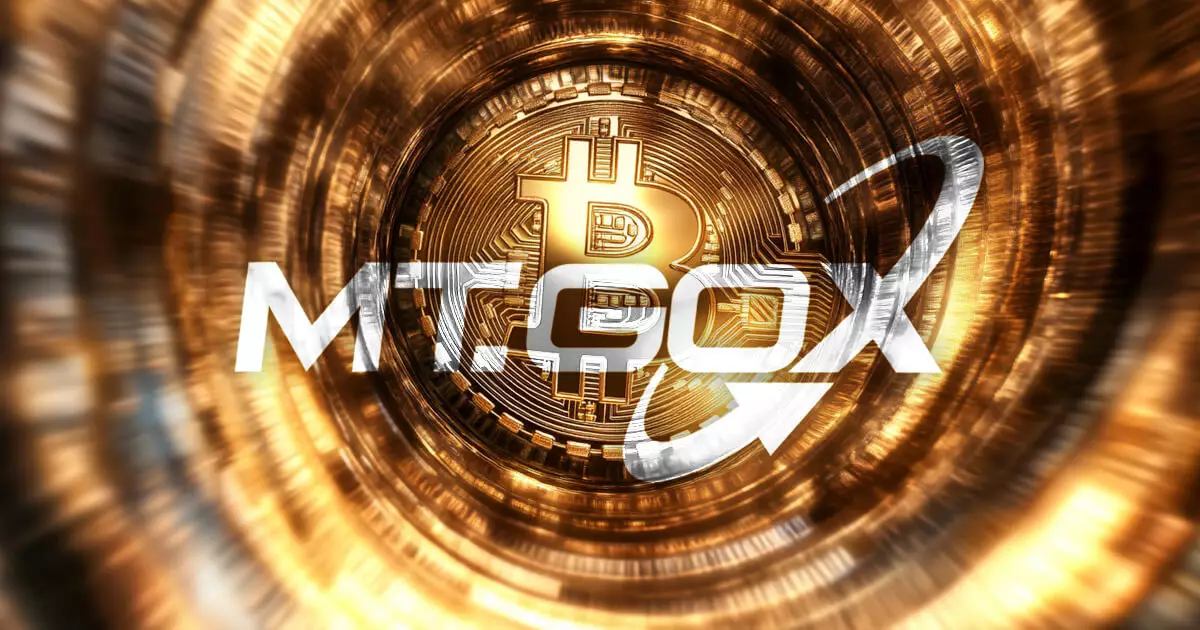In a noteworthy development for the cryptocurrency landscape, Mt. Gox, once a dominant player in the realm of crypto exchanges, has transferred over $2 billion in Bitcoin across newly established wallets. According to Arkham Intelligence, this substantial transaction occurred on November 4, marking a critical moment for the exchange that has been managing the fallout from a catastrophic hack dating back to 2014. The details reveal that the transfer allocated 30,371 BTC to an enigmatic wallet address denoted as “1FG2C.” Not long after, an additional 2,000 BTC was moved to another wallet identified as “15gNR.” This activity raises probing questions about Mt. Gox’s future strategy, especially concerning the remaining assets it continues to hold.
Despite the significant transfers, as per the latest information from Arkham Intelligence, Mt. Gox still retains a robust stash of 44,378 BTC, valued at approximately $3.04 billion. This indicates that the exchange is far from liquidating all its holdings, leading to growing speculation surrounding its plan for the remaining cryptocurrency. The recent activity of the Mt. Gox wallet has drawn the attention of market analysts, as it has been increasingly active over the past week. The wallet has transferred a staggering 32,871 BTC—equivalent to around $2.22 billion—between various blockchains. Among these transactions, a modest portion, specifically 296 BTC amounting to about $20.13 million, has been linked to well-known exchanges such as OKX and B2C2.
The backdrop of Mt. Gox’s operations is steeped in history, defined by the infamous hack that resulted in the disappearance of nearly 950,000 BTC. As the prices of Bitcoin have soared over the years, the value of the lost coins has ballooned to over $58 billion. In recent months, Mt. Gox has been focusing on compensating creditors for their losses incurred from the hack, utilizing various platforms like Kraken, Bitstamp, and BitGo to facilitate these repayments. The company recently took a significant step by extending its repayment deadline from October 31, 2024, to October 31, 2025. This extension aims to assure that all creditors will receive their due reimbursements, reflecting a commitment to accountability and resolution.
The resurgence of Mt. Gox’s activity has ignited discussions in the cryptocurrency community about its potential implications for the broader market. As the exchange releases large amounts of Bitcoin back into circulation, investors remain concerned about possible downward pressure on Bitcoin’s price. The crypto market often reacts sensitively to large movements of Bitcoin due to the inherent volatility associated with digital assets. The overall sentiment is a mix of cautious optimism and apprehension, as stakeholders try to predict the implications of Mt. Gox’s upcoming decisions.
Mt. Gox’s recent financial maneuvers illustrate both the remnants of its storied past and the ongoing complexities of the cryptocurrency market. As it navigates the intricacies of compensating creditors while potentially influencing market dynamics, the eyes of investors, creditors, and analysts remain firmly fixed upon the developments heralded by this once-mighty exchange.












